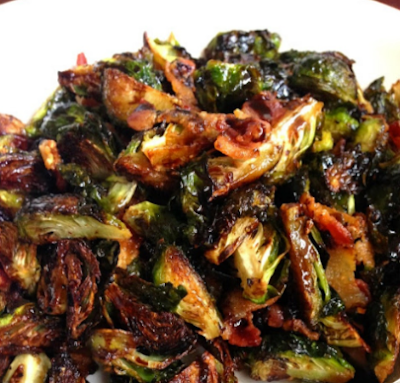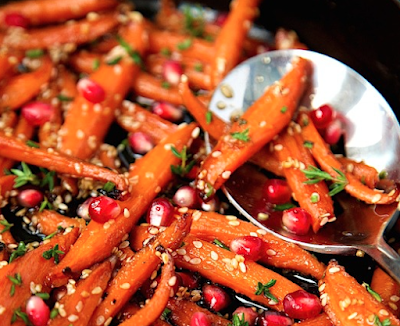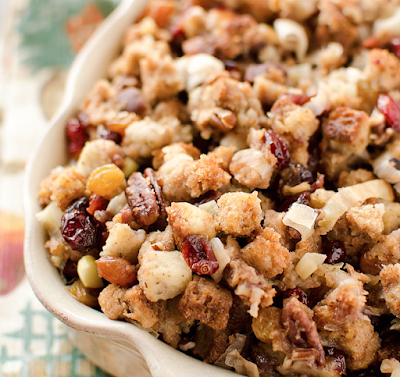OKEMOS, Mich. –– There area number of reasons why fuel economy gets worse in winter, which can cause fuel efficiency to decrease by 50% thanks to frigid temperatures and harsh weather conditions. Fortunately, there are ways to combat winter's impact on your vehicle's fuel efficiency, but first let's look at what causes your fuel economy to worsen in winter.
Why does fuel efficiency get worse in winter?
There are many reasons for why fuel economy gets worse in winter, many of which you probably partake in when the temperature drops. It's important to understand what causes your mpg to fall, and FuelEconomy.gov provides a thorough list of reasons:
- Engine and transmission friction increases in cold temperatures due to cold engine oil and other drive-line fluids.
- It takes longer for your engine to reach its most fuel-efficient temperature. This affects shorter trips more, since your car spends more of your trip at less-than-optimal temperatures.
- Heated seats, window defrosters, and heater fans use additional power.
- Warming up your vehicle before you start your trip lowers your fuel economy—idling gets 0 miles per gallon.
- Colder air is denser, increasing aerodynamic drag on your vehicle, especially at highway speeds.
- Tire pressure decreases in colder temperatures, increasing rolling resistance.
- Winter grades of gasoline can have slightly less energy per gallon than summer blends.
- Battery performance decreases in cold weather, making it harder for your alternator to keep your battery charged. This also affects the performance of the regenerative braking system on hybrids.
In severe winter weather, your mpg can drop even further.
- Icy or snow-covered roads decrease your tires' grip on the road, wasting energy.
- Safe driving speeds on slick roads can be much lower than normal, further reducing fuel economy, especially at speeds below 30 to 40 mph.
- Using four-wheel drive uses more fuel.
What can you do to maintain fuel economy during the winter?
Despite the long list of reasons that cause your vehicle's fuel economy to get worse in winter, there are a few simple steps you can take to maintain fuel economy during the winter.
- Keep extra weight off your vehicle. Storing extra items in your vehicle that add extra weight can easily decrease fuel economy. Try to keep as much extra weight as possible off of your vehicle. Removing snow and ice from the exterior of your vehicle can also prevent your fuel economy from decreasing.
- If possible, don't park outside. Parking outside in the winter means your vehicle's interior temperature will be lower than if you park it inside a garage. While your vehicle's engine only requires 30 seconds to warm up, the interior of a vehicle parked outside during the winter can take several minutes to warm up. By parking inside of a garage, your vehicle's interior temperature will be warmer and require less time and, therefore, fuel to warm up.
- Fill your vehicle's gas tank early in the morning. When it's cold out, gasoline and diesel are denser than usual and take up less room in your vehicle's gas tank.
- Keep up with routine maintenance for your vehicle. In the end, nothing is better than keeping up with routine maintenance for your vehicle to help it maintain good fuel economy. Throughout the colder months, all aspects of regular auto service work towards maintaining fuel efficiency, including a having a good set of tires, keeping up with regular oil changes, and other routine services.
As the colder months take over the roads, it's important to prepare your vehicle for winter. Let our friendly team of Chevy professionals at Hank Graff Okemos help you. Stop by our Mason area Chevrolet dealer, located at 1748 W. Grand River Okemos, MI 48864, or call us at (517) 349-8300. We’re just minutes from Lansing!





















